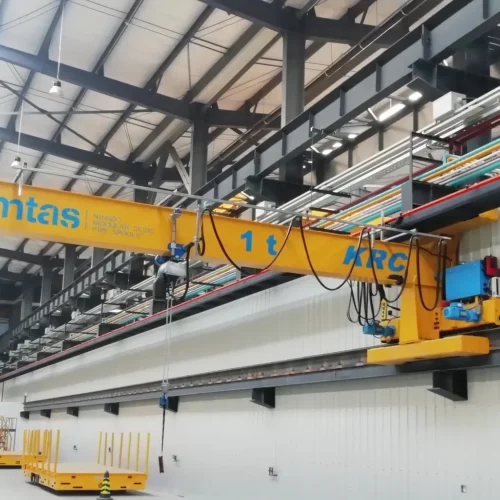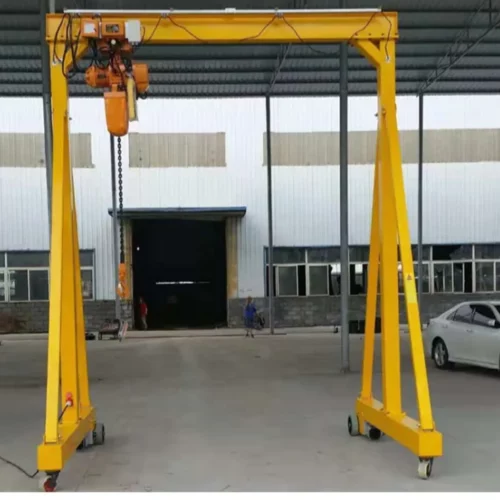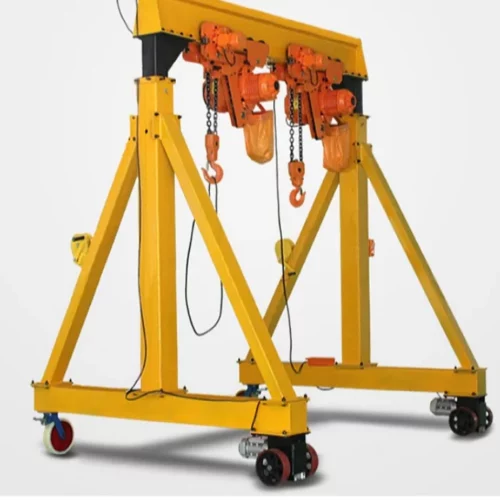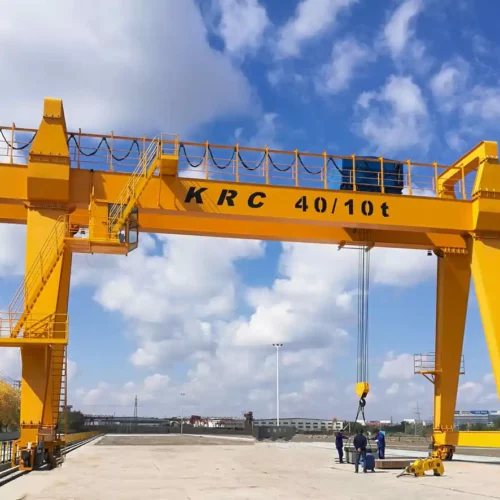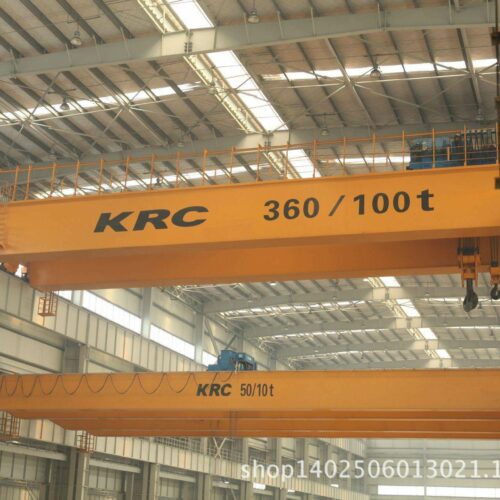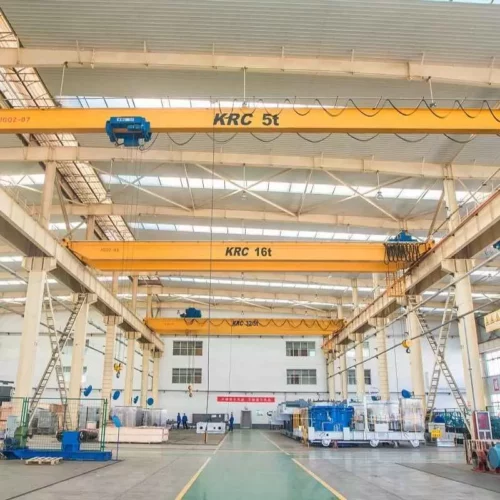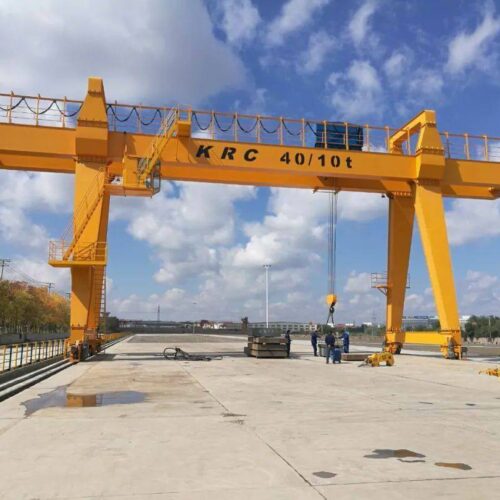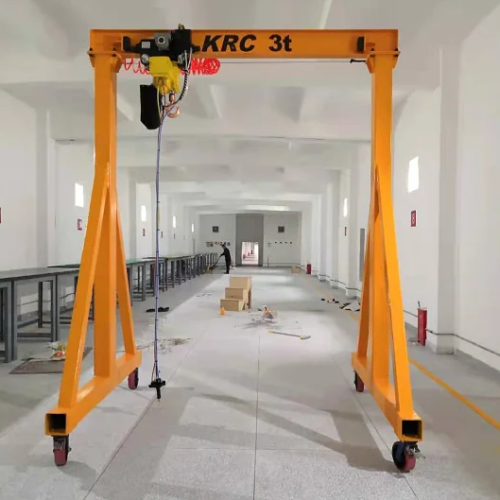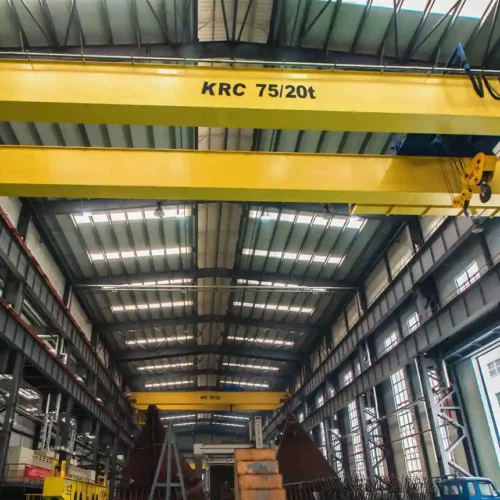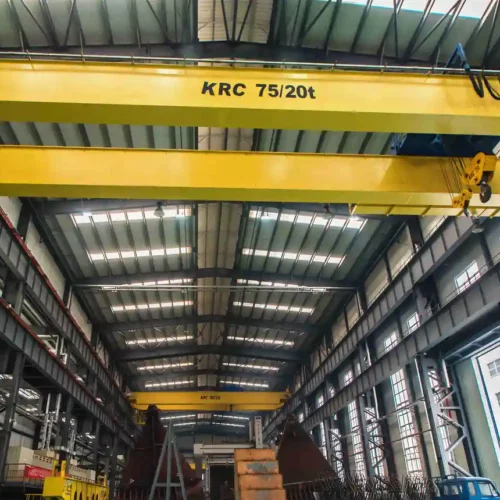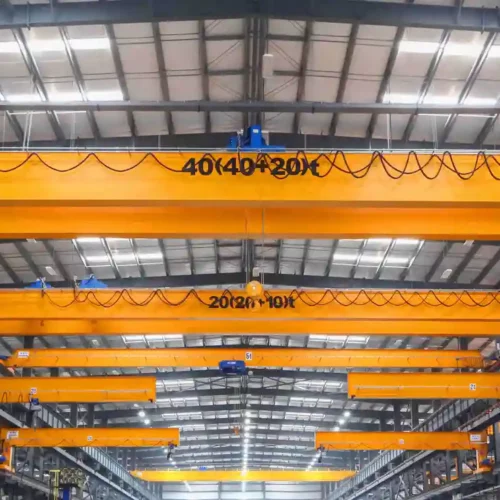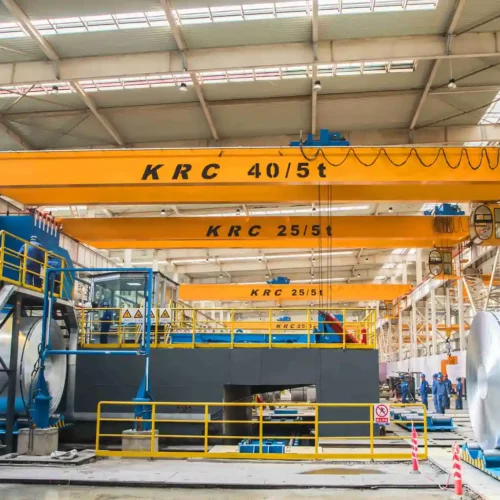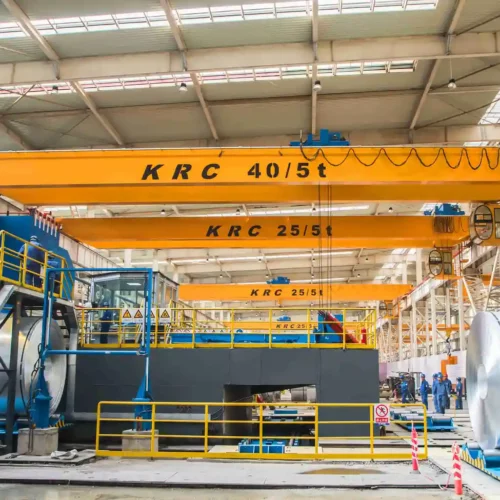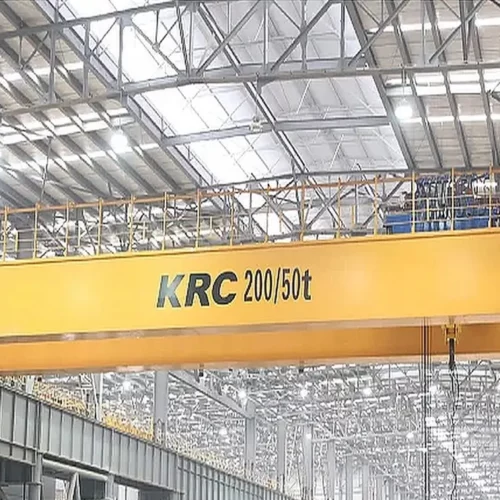Cranes come in a wide range of sizes and capacities, each designed for specific lifting requirements. Here’s a breakdown of the typical crane scale by tonnage capacity, which helps categorize cranes based on the maximum weight they can safely lift
Cranes are essential tools in many industries, enabling the lifting and moving of materials that are otherwise unmanageable due to their weight. Here’s a breakdown of crane capacities by tonnage, which illustrates how different types of cranes are categorized based on the maximum weight they can safely lift:
Mini Cranes
Up to 5 Tons: Typically used for indoor work, tight spaces, or small construction sites. Mini cranes are highly maneuverable and often used in residential or light commercial construction.
Small Capacity Cranes
5 to 20 Tons: Ideal for smaller industrial, manufacturing, and construction tasks where moderate lifting capacity is sufficient. These cranes are common in automotive repair shops, small warehouses, or small-scale construction projects.
Medium Capacity Cranes
20 to 50 Tons: These cranes are versatile and widely used in a variety of settings, including medium-sized construction projects, shipyards, and large factories. They are capable of handling larger construction materials, containers, and industrial equipment.
Large Capacity Cranes
50 to 100 Tons: Used in larger industrial projects and heavy construction, such as in the building of bridges, large commercial buildings, or for major renovations and installations that require heavy lifting.
Heavy-Duty Cranes
100 to 250 Tons: These cranes handle very heavy loads and are commonly used in significant infrastructure projects, heavy manufacturing, and large-scale industrial applications like power plants or heavy machinery assembly.
Super Heavy-Duty Cranes
250 to 500 Tons: Suited for extremely heavy lifting tasks, such as in large shipbuilding, offshore construction, and major engineering projects that require the movement of massive structures or equipment.
Ultra Heavy-Duty Cranes
Over 500 Tons: These include some of the largest cranes in the world, capable of lifting entire sections of bridges, large ship sections, or heavy modules in refineries and power plants. They are crucial for the largest scale industrial, construction, and maritime operations.
This classification helps in selecting the appropriate crane for specific tasks, ensuring that the machinery used is both safe and efficient for the required lifting job. Each category of crane capacity is designed to meet specific operational demands, from light residential work to heavy industrial applications.

